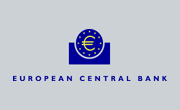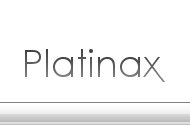Euro losses continue as ECB expected to raise rates
June 24, 2005
Speculation that the European Central Bank (ECB) may reduce interest rates to support the continent’s struggling economies, caused the euro to fall to $1.1983 on Friday, the first time it has gone below $1.20 since August 2003. Later in the day it recovered slightly to stand at $1.2086
On Thursday, ECB president Jean-Claude Trichet, restated his commitment to fighting inflation. The ECB has retained rates at 2% for two years, despite frequent changes in the US and UK.
The ECB’s anti-inflation strategy has been criticised for exacerbating the continent’s slowdown and complaints about eurozone stagnation are becoming more frequent. German and Italian politicians have speculated that joining the 12-nation eurozone could have been a mistake.
Dissatisfaction with the state of Europe’s economies has intensified following the rejection by French and Dutch voters of the European Union’s constitution. It has been suggested that the “No” vote in both countries was partly due to concerns about low growth and its impact on jobs.
The eurozone is expected to grow by only 1.2% this year, after expanding 1.7% in 2004. Industrial output is slowing in France and some countries, including Italy, are close to a recession. Critics argue that the strength of the euro makes European exports uncompetitive.
Some economists are expecting the ECB to consider a change in its strategy to keep the interest rate at 2%. Investment bank SG expects the rate to fall to 1.5% by the end of the year.






















